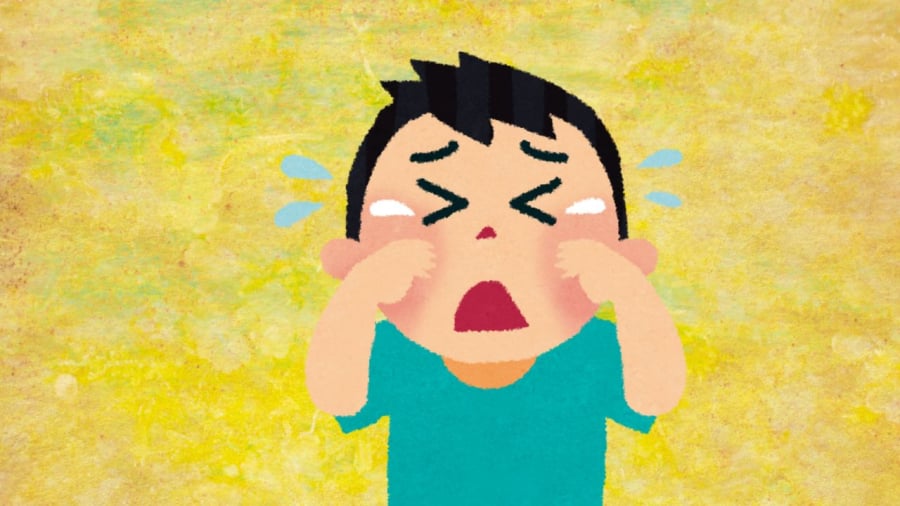Don’t Instill a Sense of Extreme Poverty
While it’s important to teach children about saving money, we should never instill in them the idea that our family is extremely poor. Constantly telling them that we are worse off than others can lead to low self-esteem and negative saving habits, such as skipping meals or picking up discarded items. It also makes them feel inferior to their peers and anxious about money. Instead, let’s educate our children about needs versus wants, and sensible spending. If we constantly talk about poverty, they might become stingy and miserly, which will hinder their ability to form healthy relationships later in life. Teach them about wastefulness and encourage them to use and buy only what they truly need, rather than keeping up with others. Let’s foster a mindset of creating and not just consuming.

Don’t Instill a Mindset of Poverty
Don’t Struggle Against Life, Embrace It
Those who don’t embrace societal progress tend to stagnate and fall behind the times. Being too easily content with life can lead to a lack of ambition and effort. Teaching our children to be overly content and to aim for a mediocre life won’t encourage them to strive for more. Let’s instead teach them to not fight for what isn’t theirs but to look at society and aspire to move forward, not backward. Being overly content can be a disadvantage.
Society is inherently competitive, and our children need to accept this and learn to put in the effort to excel. If they maintain a non-competitive mindset, they will remain stagnant while the world moves on without them.
It’s Okay to Cry and Express Emotions
Seeing their children cry can be difficult for parents, and many tend to tell their kids not to cry. However, suppressing negative emotions can lead to a buildup of negative feelings. Let’s teach our children healthy ways to express their emotions, including crying in a controlled manner, without screaming or wailing. If we instill in them the idea that crying is wrong, they may grow up feeling exhausted and unable to cope with their emotions healthily, potentially leading to negative thought patterns.
As they grow older, let’s have conversations about how crying is not a sign of weakness and can be a healthy way to release emotions. This will also help foster stronger relationships between parents and children and teach our children emotional intelligence, making it easier for them to share their feelings with others.

Don’t Make Them Believe Crying is Always Wrong
Teach Children to Respectfully Express Their Opinions
While it’s important for children to respect their elders, it’s also crucial that they are taught to think independently and express their opinions respectfully when they disagree. We should teach them that blind obedience is not always the right path and that they should develop their ability to analyze and make judgments. Children need to be allowed to have their own thoughts and should not be forced to obey adults unconditionally.
Be Aware but Not Indifferent
Teaching children to stay away and mind their own business when they see conflicts or problems is a way of teaching them to be indifferent and irresponsible. We should instead teach them to discern when to stay away and when to intervene to stand up for what is right and to help those in need. Teaching them to always turn a blind eye can kill their initiative and courage, leading to a lack of bravery and a tendency to avoid responsibility.





































